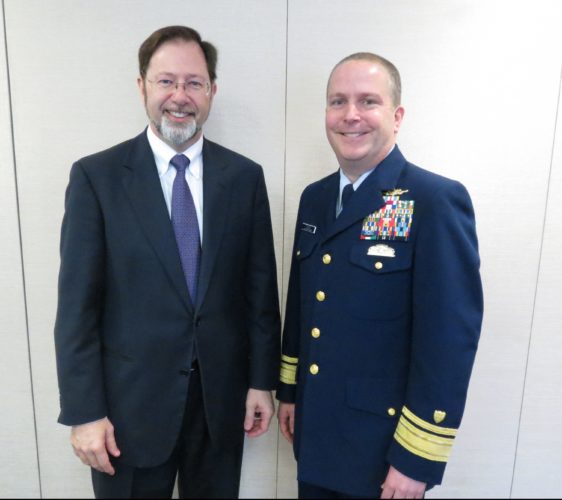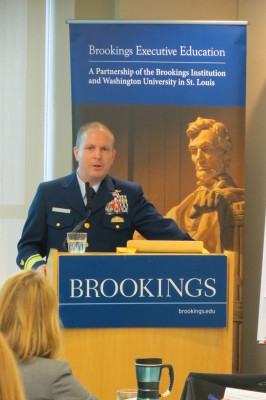“Communication is a very important skill for founders — in fact, I think this is the most important rarely-discussed founder skill.
Tech startups need at least one founder who can build the company’s product or service, and at least one founder who is (or can become) good at sales and talking to users.” — Sam Altman
While engineering a product is essential to building a company, conveying that idea is just as important.
I think every present or potential founder should make a purposeful, significant effort toward becoming a better communicator. You can learn to communicate and sell in so many different ways, oftentimes coming from the most unconventional of means.
I first started paying close attention to my communication skills when I was building my first business, selling produce at farmers’ markets and to restaurants, hotels, and distributors. I was forced to take a close look at how I communicated because the business depended on it. Of all the things I learned with this venture, the importance of communication in sales may have been the most valuable. I was able to improve our business, grow from just one booth to 9+ different locations, hire 10+ people, and distribute across the community. I trace this success back to hard work and lots of practice communicating our product.

Communication: The most under-prioritized skill
1. Understand your product
My story is a great example of the effect you can have by simply better understanding your product.
At my farmers’ market booth, I sold tons of different things. At the time, I was a 15-year-old high schooler from the suburbs of Scottsdale, Arizona. What the heck did I know about hydroponic produce, let alone specialized house plants? The truth is, nothing. But I learned, because I needed to if I wanted to sell anything. Whether it’s the internship you’ve always wanted or the business you’ve been dreaming about, sometimes you just need to start learning. No one will come and do it for you.
I learned about 23 different varieties of tomatoes. I learned about Dieffenbachia Janet Craig (a type of indoor house plant). The list goes on and on.
But simply knowing your product will only take you so far. You have to understand it.
You have to know what each tomato tastes like and where it belongs on the menu. You have to know what part of the house to place any given indoor house plant and how much water it needs a week. You have to know if you can give a discount if someone wants to buy 40 pounds of tomatoes. You have to know if any pesticides were sprayed on any of the plants.
Learning and understanding the product can be really challenging, and oftentimes the only way to really do that is through experience, something I was lucky enough to have plenty of early on.
2. Learn to improvise
Is it even possible to have all the answers for each and every customer? What are you supposed to do when you inevitably run into a customer that asks you something you genuinely do not know?
It is hard to put it into words, but all you have to do is learn to improvise. Think on your feet.
At the farmers’ market, that meant coming up with prices on the go and using your quick wit to recommend dishes for using a Japanese eggplant.
In business, and in life, people will ask you really hard questions. It will never be possible for you to prepare all of the answers beforehand. Therefore, you must learn to adapt—and communication will be your favorite tool in doing so.
3. Be genuine
Here is the point, though, where many people steer in the wrong direction: They take improvisation as a means for lying to the customer.
The customer knows when you are lying, always.
I have seen it time and time again, so do not let it happen to you. This holds true not only for sales, but also for friendships and job interviews.
Your customers are humans. They favor relationships over sales. And honesty lives at the core of most relationships. Communication predicated on a lie is bound to fail.
I wish someone had told me this earlier: If you do not know the answer, do not say you do.
Your customers want the truth, not fluff.
I have found that in life, you can cut out most of the fluff and, instantly, you will become a better communicator.
Though business leaders communicate all the time, very rarely do we focus in and try to understand how we can improve. Only when we dissect our language and structure can we learn how to improve.
Editor’s note: For more stories from one of Olin’s most prolific student writers, subscribe to Jordan’s weekly newsletter.
This post was originally featured on Medium and was republished with permission from the author.









